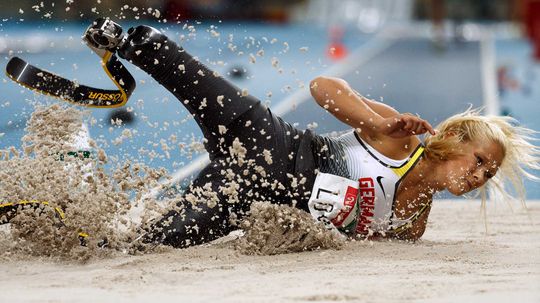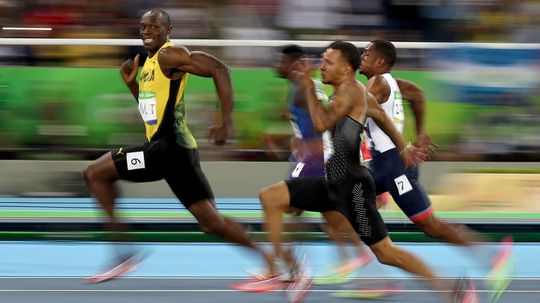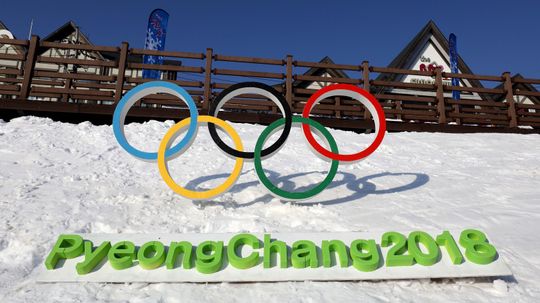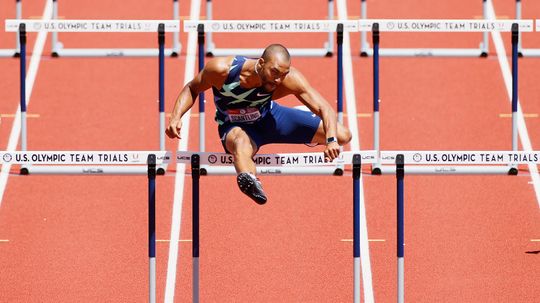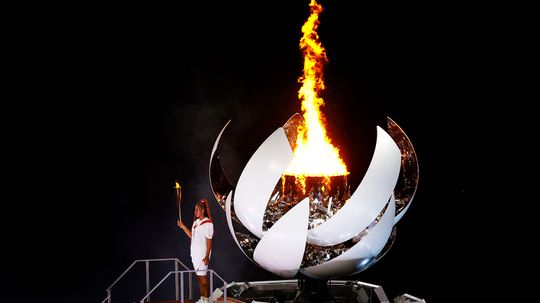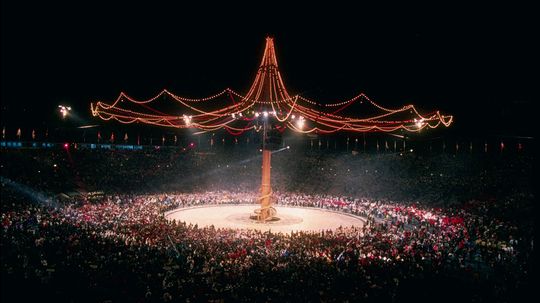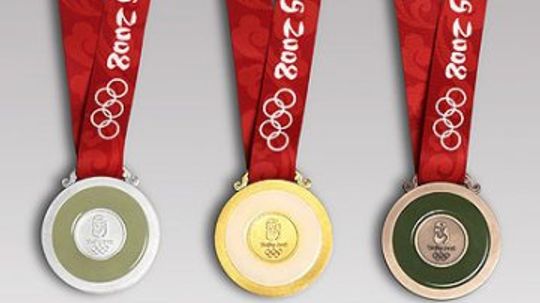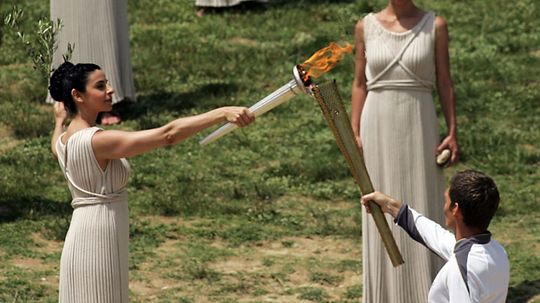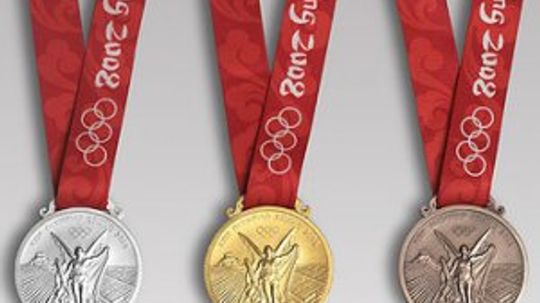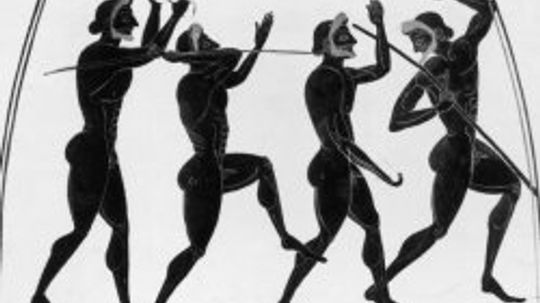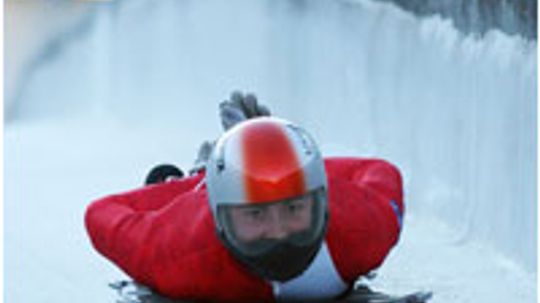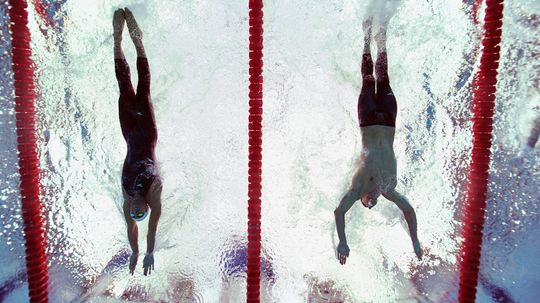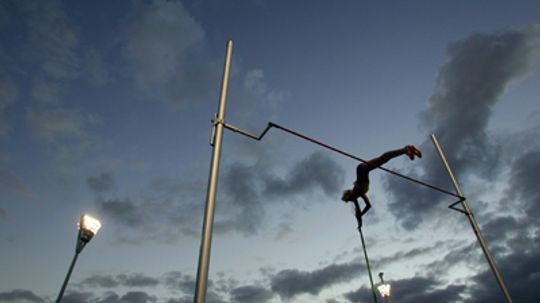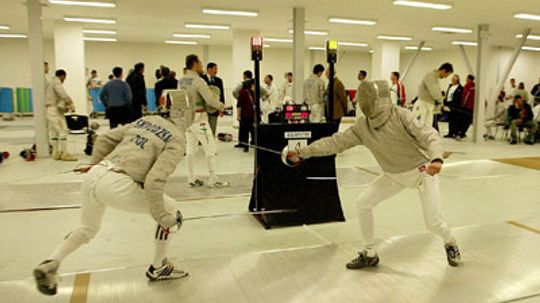Olympic Games
The Olympics section gives you an insight into the Olympic sports and the Olympic spirit.

Why Do So Many Women’s Sports Still Incorporate Skirts?

Why Aren't There More Asian-Americans in Pro Team Sports?

The 12 Best Soccer Goal Celebrations of All Time

10 Funny Intramural Team Names

10 Tips for Semi-pro Football Tryouts

5 Tips for Finding the Right Tennis Club
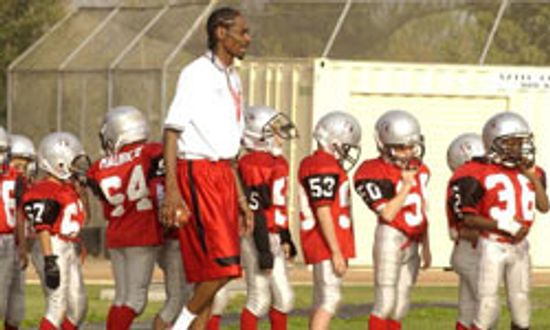
10 Surprising Pop Warner Players

5 Tips for Coaching Pop Warner Cheerleading

How to Start a Pop Warner Football Team

What Was the Fastest Pitch Ever? It Depends Who You Ask

Everyone Is Going Bananas for the Savannah Bananas

Aaron Judge Breaks American League Home Run Record

Who Is the Highest Paid WNBA Player in 2024?

The 10 Biggest Busts in The History of The NBA Draft

Dolph Schayes

Longest Field Goal: NFL Kickers Who Made History

NFL Players In Their Own Words

Puffy Guardian Caps Could Reduce NFL Player Concussions

What Is the Hosel on a Golf Club?

Why Do Golf Balls Have Dimples?

What Are the Odds of a Hole-In-One?

How and Why Owen Hart Became a Wrestling Icon
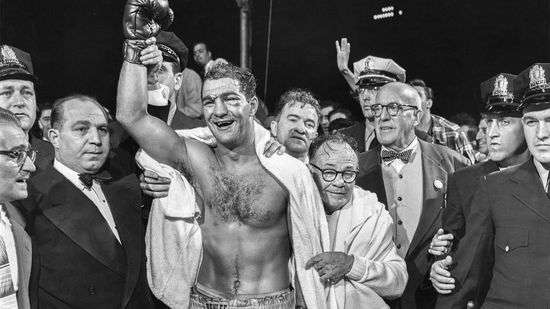
The Only Boxing Champions in History to Retire Undefeated
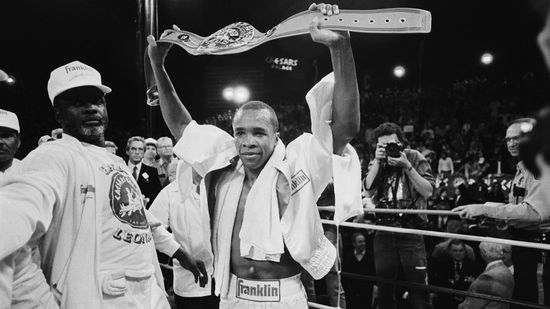
The Top 16 Boxers to Win Titles in Four or More Weight Divisions

The Fastest Mile Time: Top 5 for Men and Women

The History of Roller Skating
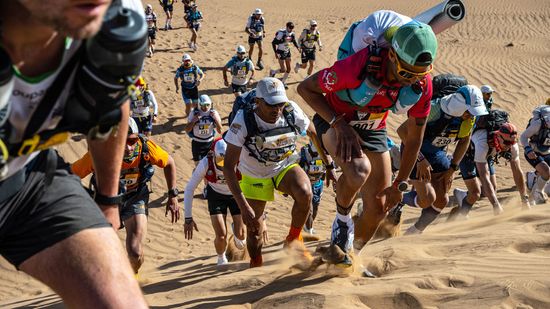
5 of the World's Most Grueling Ultramarathons
Learn More
At least 100 technical experts from 24 countries will provide professional repair and maintenance to the athletes' prosthetics and orthotics at the Technical Repair Service Center in Tokyo.
By John Donovan
Like the Tokyo Olympics, the Paralympic Games are happening a year late. But these athletes are equally, if not more, impressive to watch on the courts, beaches and in the pool. We'll explain what it takes to make it as a Paralympian.
By John Donovan
It may surprise you that even in 2021 there are a few Olympic sports that are not open to both genders.
Advertisement
Every two years, pandemic notwithstanding, the world's elite athletes gather to take their shot at the ultimate prize: the Olympic gold medal. How much do you know about this storied event?
By Alia Hoyt
Admit it: You cry every time you watch the parade of athletes in the opening ceremony. We do, too. What other official stuff goes down at this ultimate Olympic gala?
Twenty-one cities have hosted the Winter Olympics, but many of them may soon be too warm for cold weather games.
They'll compete in 10 events over two grueling days in Tokyo. Does that make the gold medalist in the decathlon the best athlete in the world?
By John Donovan
Advertisement
The Olympic flame is supposed to never go out until the games have ended. But hey, accidents happen. So how is the torch relit?
The cost of hosting the Olympic Games has risen astronomically, but some cities are willing to foot the bill in exchange for increased tourism and better infrastructure. But what happens when it doesn't pay off? Here are 10 cautionary tales.
Watch the Olympics long enough, and you'll see athletes from the same countries hording all that gold, silver and bronze. But what if we looked at Olympic performance not just in terms of overall medal count?
Winning an Olympic medal is an incredibly special and rare honor, so most people never get to see them up close. But throughout the years, these coveted awards have had some really unique and diverse designs. Take a peek.
Advertisement
From the parade of nations to the lighting of the cauldron, the official pageantry that accompanies the Olympics is part of what makes it so much fun. To celebrate Olympic history, we’ve compiled an image gallery commemorating a few of our favorite posters over the years.
The 2020 Tokyo Olympics were postponed until the summer of 2021 due to the COVID-19 pandemic. Many people thought they should have been canceled outright, but has that ever happened before?
The city you live in is pretty cool, right? Then how come it hasn't hosted the Olympics yet? Read this article and you might be on your (Olympic) way. Then again, it may make you rethink that grand vision.
Ah yes, the Olympic flame burning bright is a lovely sight. You know what's an even lovelier sight for the host city? Piles of cash from putting on the esteemed athletic contest. Do those ever materialize?
Advertisement
The top prize at the Olympics is the gold medal, and that's how it's always been, right? Not quite. How has the coveted Olympic prize changed over the years, and how much are they really worth?
The Olympics haven't always been the pageantry-filled events they are today. Back in 1900, you might have taken in a tug-of-war contest before heading off to hot air ballooning. What other strange sports have existed in Olympic history?
Drama, beauty and intrigue abound among these often pint-sized athletes, compelling millions of people around the world to watch competitive figure skating and anticipate the fierce competition. What exactly is a triple lutz, and how is it scored?
By Alia Hoyt
Before today's spandex-clad (and some sequined) Olympians set their sights on the gold, silver or bronze, ancient Greeks competed for victory. How did the games begin, and why were the athletes gunning for olive oil?
Advertisement
Imagine sliding down an icy hill, with your face only a few inches away from the ground -- at 80 miles per hour. Learn about the intense winter Olympisc sport of skeleton, and how the competition works.
In timed Olympic events, the difference between gold and silver can come down to a fraction of a second. You won't find that kind of accuracy in your typical wristwatch. Find out about the systems (and backup systems) that keep Olympic timing honest.
By Lacy Perry & Kate Kershner
The Olympics aren't too far off so get ready! This article chronicles the history of the Olympic torch reveals how it is designed to stay lit through all weather conditions and follows its path from Olympia Greece to the Olympic Games.
When every fraction of a second counts, a false start can completely change the outcome of a race. How are officials quick enough detect a false start?
Advertisement
The pole vault originated in Europe where men used the pole to cross canals filled with water. In this article we will learn a little bit about the history of pole vaulting and then explore the physics of the sport.
By Karim Nice
If you have been watching competitive fencing at the Olympics or in a college match, you know that fencing is an unusual sport, and it uses some very interesting equipment for scoring! Learn the ins and outs of different types of swordsmanship!

